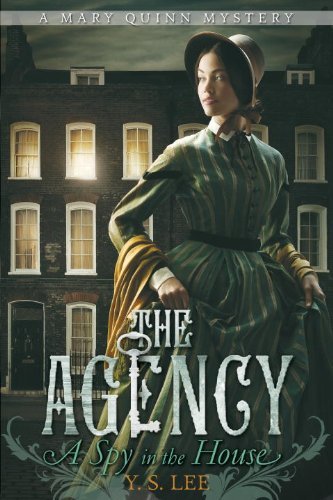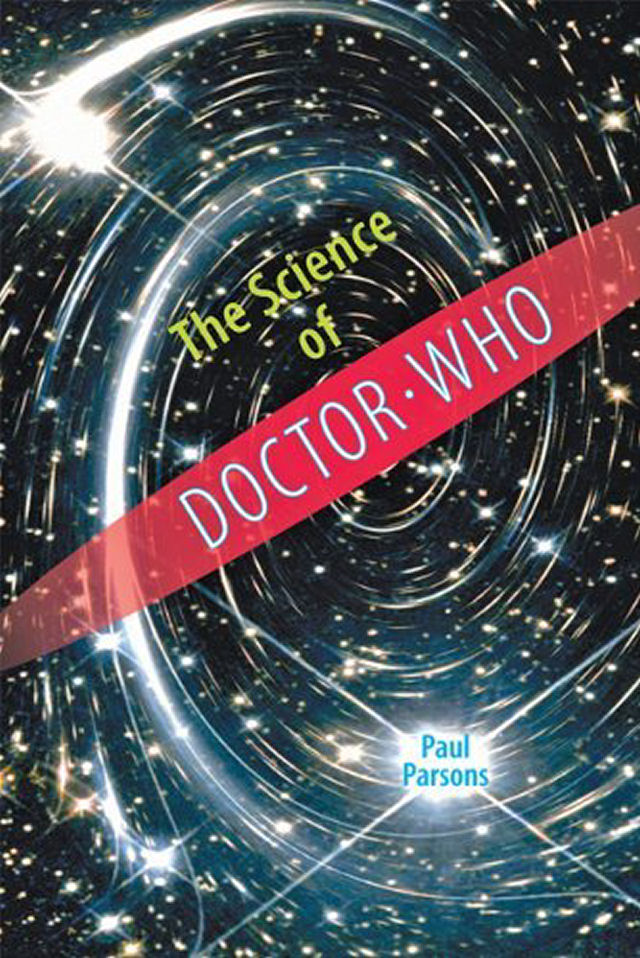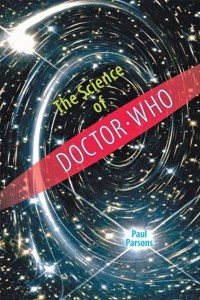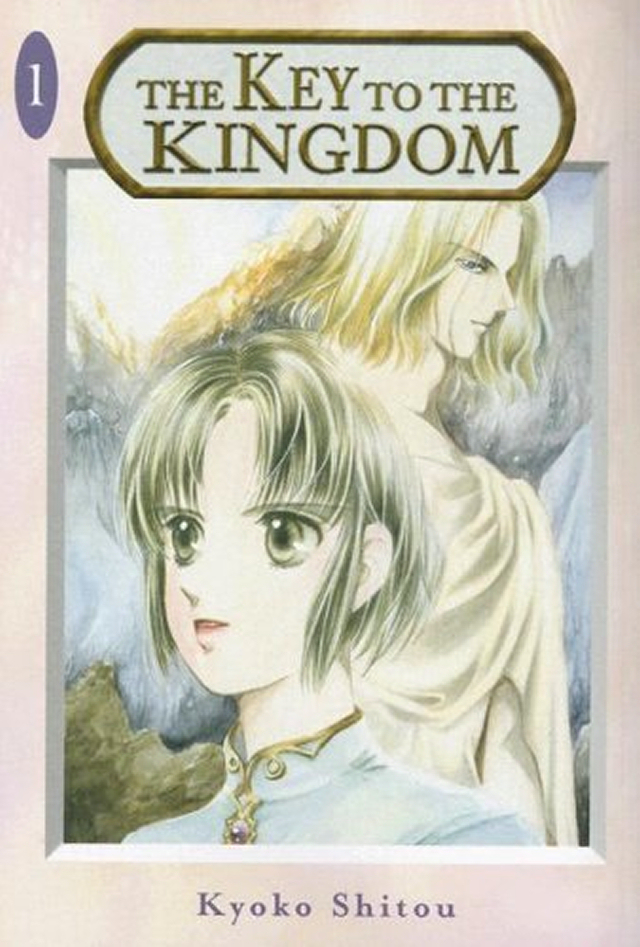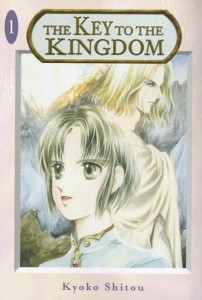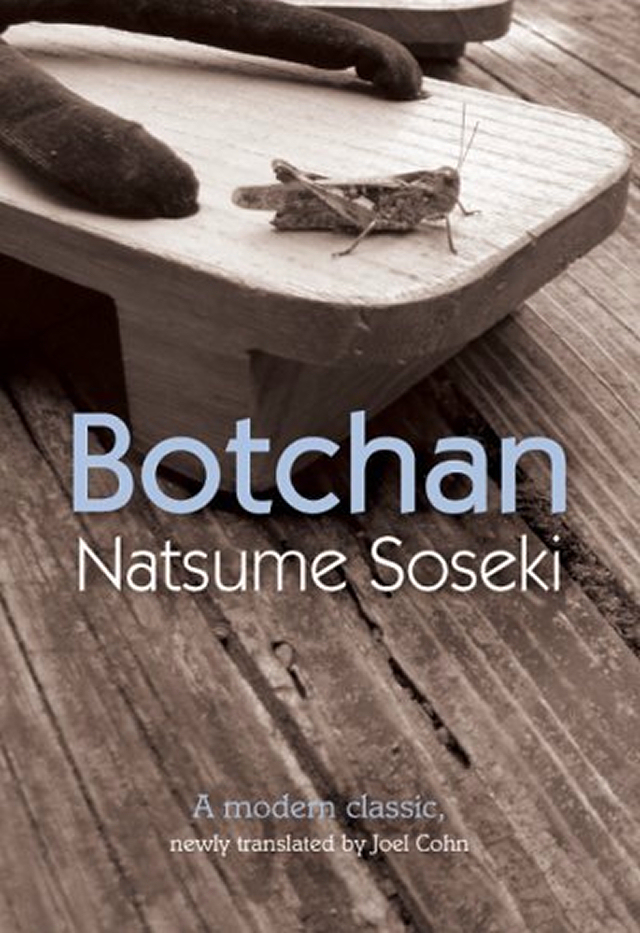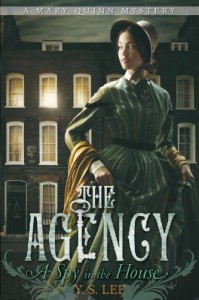 The basic premise of A Spy in the House is that it’s er.. Victorian? London and this girl is plucked from prison where she’s about to be hanged for theft, and brought to a school. Where she learns, not how to be a proper lady, but how to think for herself. Not that she needed much help there. But she also learns maths and things. Only learning and then teaching at the school isn’t enough, and she asks if there isn’t more. And there is. There’s the Agency, which is a private company of spies. Female spies.
The basic premise of A Spy in the House is that it’s er.. Victorian? London and this girl is plucked from prison where she’s about to be hanged for theft, and brought to a school. Where she learns, not how to be a proper lady, but how to think for herself. Not that she needed much help there. But she also learns maths and things. Only learning and then teaching at the school isn’t enough, and she asks if there isn’t more. And there is. There’s the Agency, which is a private company of spies. Female spies.
Unfortunately, we don’t get to see the school at ALL. Unless you count the headmistresses’ (or whoever they are) study, or room, or office (whatever it is). Four or five years go by between the introduction and the first chapter, and suddenly she’s 17 and ready to go do spy stuff. We don’t even get to see any of her super-intensive super-secret spy training!
But, that’s okay, because she was so super-awesome that she could do it super-intensively and not the long way. And maybe I wouldn’t have twigged ‘Mary Sue!’ if it hadn’t been so recently after my discussion with K about Babel-17. But I’m calling it on this one. Total Mary Sue.
So, yea, okay, the school sounds mostly normal and boring. But it was new to her and I really, really, really would’ve liked to have seen some of it. So, at this point I’m already rather annoyed. I’m more annoyed when she passes their spy wannabe test with super-awesome flying colors. I then get further annoyed when several chapters in, we randomly get a chapter from some guy’s point of view.
It’s around about this time that I start feeling it’s a historical romance novel disguised as a YA adventure-intrigue-mystery novel. Grr.
My annoyance escalates when, in the first scene where the main character (Er.. name name.. what was her name…? Mary Quinn? Ha ha! It totally was. Okay.) The first scene where Mary Sue Quinn and Hunky McDreamy are together, the point of view completely breaks down. Utter failure. It was his point of view, but then we get one of her thoughts. And that’s not a fluke. Because the entwined confusing points of view recur every time they’re later in a scene together.
So now I’m just ready for this book to be over with so I can write my review full of annoyance about it. But I’m not even halfway through. Fortunately it’s not a slog. And it’s not a long read. It’s just not a particularly interesting one either.
Then, ladies and gentlebeings of other genders, then we learn something about Mary Sue’s past that she knew all along. No, dude. No. You don’t get to hide something that important from us. If it was first person, sure. But it’s third person and we’re inside her head. The author should not be keeping that sort of secret from us. It’s just wrong.
And, yes, it does make the whole story a little more interesting from that point on, but I’m still beyond annoyed and into mad now. And while I’m reading, in the back of my mind I’m thinking.. if I say this in my review, is it a spoiler? When I firmly believe it should have been revealed in the first chapter? Hrrrm. Am I complicit in hiding it from other readers by not mentioning it? Well.. now you’re warned at least. And if you care to know, probably the second book in the series says it right in the summary.
So the next thing that happens is Mary Sue Q does the unforgiveable. She receives some deeply important information about her past. And she doesn’t read it. And she doesn’t take it with her. Why? I have no idea. You’d think she’d have plenty of hiding places in her dress. It’s not like it’s a steamy romance novel and McDreamy was going to rip it off of her in the next scene.
So, la la la.. plot, bickering, plot, flirting, plot, standard dialog you’d find from two love interests who don’t get along at first, maybe plot or something. And then it’s all over. The end.
Except it’s not. Because there are loose ends.
But there’s no way I’m reading the next book to see if they’re tied up!
And now I feel remorse. I feel I was too harsh on it. So let me soften the blow at the end here. It does try to say some things about gender. Women can be spies. Women make good spies, even. Women can be political and business minded. Women can be bad guys too. And Victorian London kind of sucked. Especially with the smelly Thames.
I really do like the cover. Kudos to the publisher on that. It’s subtle (to my eyes), but there.
And, I don’t know, maybe the series improves. But there’s not enough in this book to compel me to brave it.
—
Fun Fact: The first paragraph involves urine. Nice way to get teen girls to just jump into your story, isn’t it?
